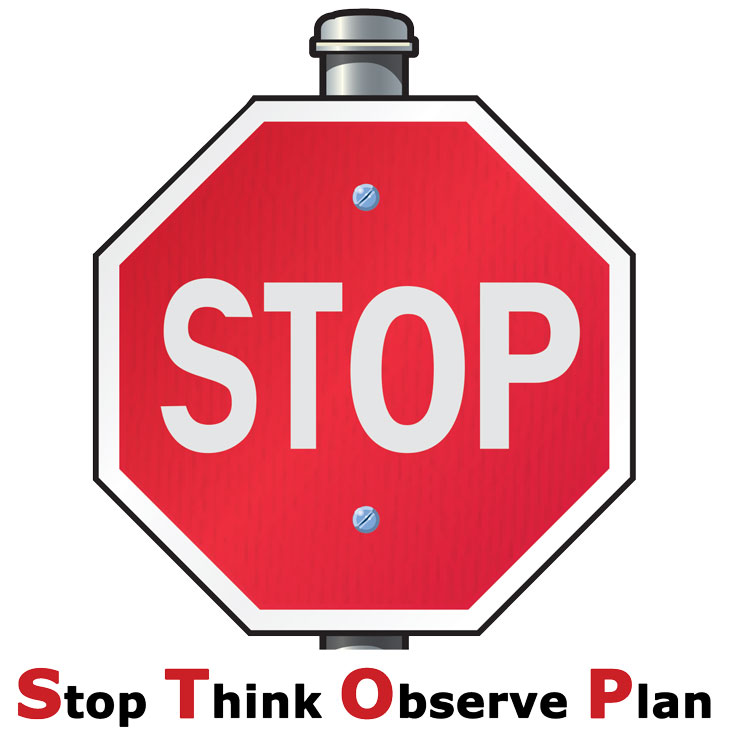If You Get Lost

Most of the time getting “lost” is a matter of becoming temporarily disoriented. Some people become so disoriented that they need to be rescued or have to spend the night in the woods. Getting lost can be a very serious situation—something every hunter should think about before venturing out.
Stay Calm
Hunters who calmly help themselves or others cope with injuries and emergencies sometimes panic when they discover they don’t know where they are or how to get back to their camp or vehicle. This creates a dangerous situation. Hunters with many years of experience have injured themselves, lost their equipment, and torn their clothing to shreds as they aimlessly floundered through unfamiliar woods in a panic.
- Stay calm. Sit down, and drink some water. Then decide what to do. How you respond in the early stages often determines if your disorientation becomes a temporary inconvenience or a traumatic ordeal. If you keep a cool head, you’ll usually get your bearings fairly quickly.
- Think through recent events to see if you can retrace your path. If you decide you can’t return to your camp or car, spend the night where you are. If you remain in one spot, it’s likely that you will be found in a few days, especially if you left a hunting plan with someone or you have become separated from hunting companions who may be relatively close by.
- Remind yourself that most lost hunters are located within 48 to 72 hours. You will shorten the time if you follow the guidelines in this course and remember these three priorities: shelter, fire, and signal.
How to Avoid Becoming Lost
- Carry a good map—preferably one that shows the topography.
- Invest in a good compass and a Global Positioning System (GPS) unit, especially if you are hunting in a wilderness area or even a place new to you. Take extra batteries for the GPS unit.
- Make it part of your pre-hunt planning to learn how to use a map, compass, and GPS unit.
- When you get to your hunting area, use your map to get oriented before you leave your camp or vehicle.
- While hunting, stop frequently and note the wind direction, landmarks, terrain, and other key points.
- If practical, use a two-way radio to communicate with your partner or a group of hunters.
- Plan your outings so that you can return to camp before dark.
When You Think You Are Lost
When you find yourself in a survival situation, the most important tool is your brain.
Stop when you realize you've got a problem. The first thing to do is admit to yourself that you are in trouble.
Think about what you need to do to survive.
Observe the area; and look for shelter, fuel, etc.
Plan how you are going to use your survival kit and your other available resources. Don’t wait until dark to plan!
Remain calm. Think clearly. Use the tools you have available to you.
